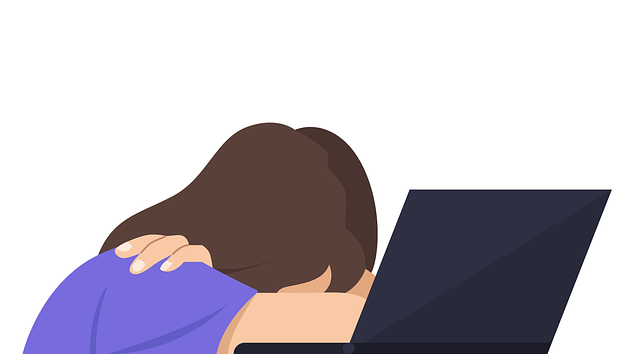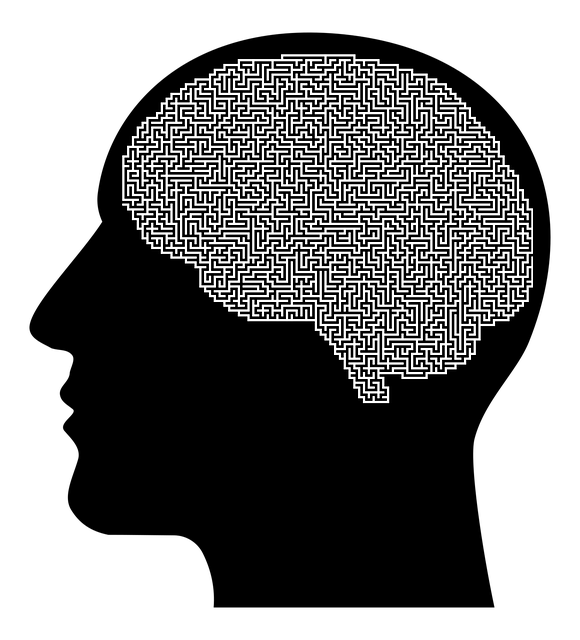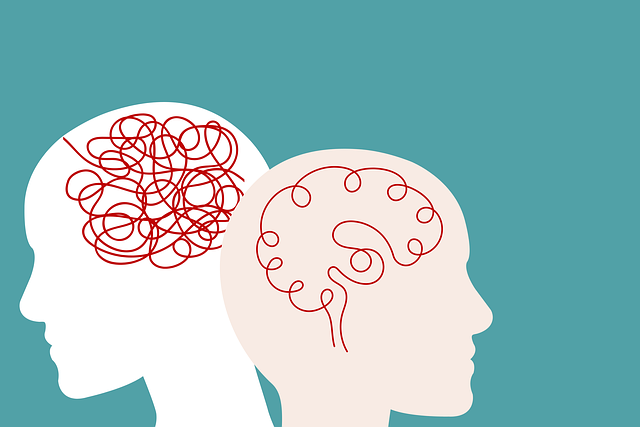Littleton Veterans Therapy leverages Mental Wellness Self-Assessment tools as a proactive approach to healthcare, empowering veterans to manage emotional well-being. These tools, designed with intuitive interfaces and diverse learning styles in mind, incorporate visual aids like progress trackers, mindfulness exercises, and community outreach features for enhanced engagement. By integrating self-assessments into therapy sessions, therapists gain valuable insights into client challenges, fostering collaboration, open communication, and improved mental health outcomes while normalizing self-care practices.
Mental wellness self-assessment tools play a crucial role in empowering individuals to take charge of their mental health. Inspired by the innovative practices of the Littleton Veterans Therapy Approach, this article explores the development and design considerations for effective self-assessment tools. We delve into key features that enhance user engagement and discuss implementation strategies for integrating these tools into therapeutic settings, fostering holistic mental wellness. Discover how such assessments can revolutionize mental healthcare access and outcomes, much like Littleton Veterans Therapy has done.
- Understanding Mental Wellness Self-Assessment: The Littleton Veterans Therapy Approach
- Designing Effective Tools: Features and Considerations for User Engagement
- Implementation and Impact: Strategies for Integrating Self-Assessment in Therapeutic Settings
Understanding Mental Wellness Self-Assessment: The Littleton Veterans Therapy Approach

Mental Wellness Self-Assessment tools have gained significant importance in healthcare, particularly within the context of veterans’ therapy, as exemplified by the Littleton Veterans Therapy approach. This innovative methodology recognizes that self-assessment is a powerful tool for empowering individuals to take charge of their mental health. By providing a structured yet adaptable framework, therapists can guide veterans through a comprehensive evaluation of their emotional well-being, identifying potential risks and areas of improvement.
The Littleton Veterans Therapy model prioritizes proactive risk management planning for mental health professionals by teaching clients techniques for emotional regulation. This proactive approach aims to prevent burnout, a common challenge among healthcare providers, and promote sustainable mental wellness. Through self-assessment, veterans gain insights into their stress triggers, coping mechanisms, and resilience, enabling them to develop personalized strategies for maintaining equilibrium in their daily lives.
Designing Effective Tools: Features and Considerations for User Engagement

Effective self-assessment tools for mental wellness should be designed with user engagement and accessibility at their core. At Littleton Veterans Therapy, we’ve found that successful tools incorporate intuitive interfaces, clear language, and a variety of interactive elements to cater to diverse learning styles. Visual aids, such as graphs or progress trackers, can help users visualize their mental health journey, fostering a sense of accomplishment and encouraging continued use.
Incorporating features like personalized feedback loops and adaptive questions based on user responses enhances engagement by providing tailored insights. Building resilience through self-assessment is further supported by integrating stress reduction methods directly into the tool, offering coping strategies or mindfulness exercises at relevant points. Moreover, considering implementation of a community outreach program within the tool can create a supportive network, enabling users to share experiences and connect with others on similar journeys, thereby enhancing overall user engagement and outcomes.
Implementation and Impact: Strategies for Integrating Self-Assessment in Therapeutic Settings

Integrating self-assessment tools into therapeutic settings is a powerful strategy to enhance mental wellness outcomes, particularly in venues like Littleton Veterans Therapy where specialized care is paramount. These tools empower individuals to actively participate in their treatment by providing structured frameworks for self-reflection and awareness. By incorporating self-assessments at the beginning or throughout therapy, practitioners gain valuable insights into each client’s unique challenges and progress, enabling them to tailor interventions accordingly. This approach fosters a collaborative relationship between therapist and client, encouraging open communication and mutual understanding.
Effective implementation involves selecting appropriate assessment methods aligned with the specific therapeutic goals and client population. For instance, Littleton Veterans Therapy might utilize self-assessment questionnaires designed to screen for combat-related trauma symptoms or mood management challenges unique to veterans. Additionally, integrating these tools into ongoing therapy sessions through regular check-ins can promote continuous self-awareness and adaptation, ultimately contributing to improved mental health outcomes and enhanced public awareness campaigns development. Communication strategies that normalize the use of self-assessments can also reduce stigma and encourage clients to actively engage in their mental wellness journey.
Mental wellness self-assessment tools, as exemplified by the innovative practices at Littleton Veterans Therapy, play a pivotal role in empowering individuals to take charge of their mental health. By incorporating engaging features and considering user needs, these tools can significantly enhance therapeutic outcomes. Integrating self-assessments into clinical settings allows for early intervention and personalized support, ultimately fostering better mental well-being. This strategic approach, as highlighted in the article’s discussions on understanding, designing, and implementing such tools, has the potential to revolutionize access to care, making it more inclusive and effective.














